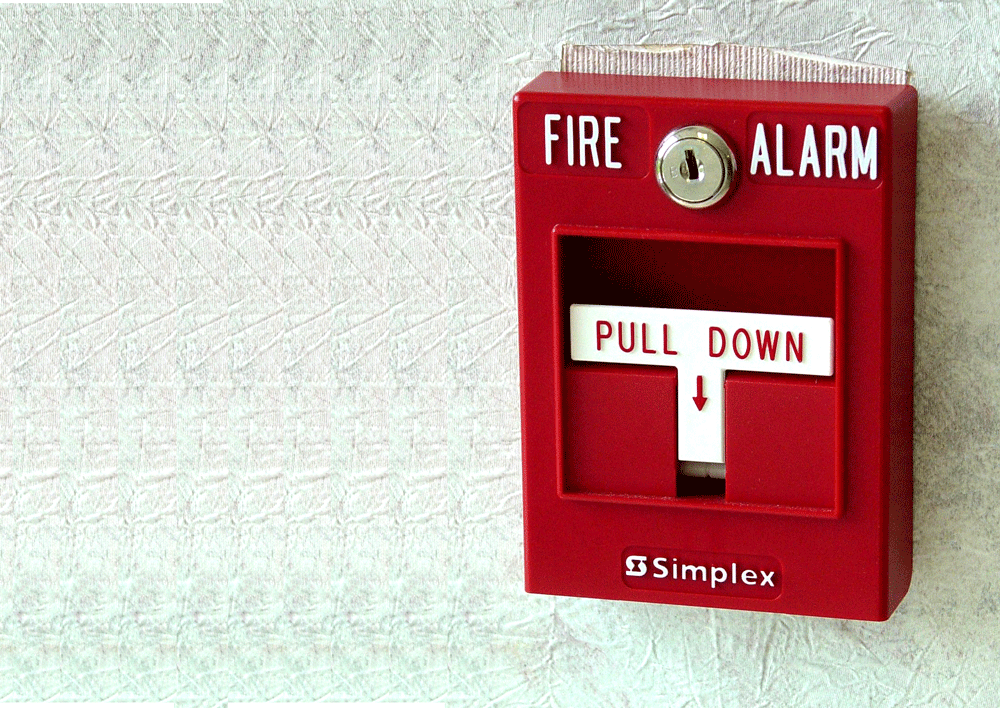On the cusp between morning and night, the day after Veterans Day 2014, a fire alarm went off in my building. I had spent the previous day recovering from a storm and dreaming of finally getting an article in Street Sense. Suffice it to say, I got a load off my chest (some would suggest it came from a lower part of my anatomy…my apologies).
I spent the afternoon after the fire alarm cleaning and sorting through the kitchen. Normally, I find myself tracing paths within my studio apartment. Every time I leave one part of the studio to enter another, I feel as if I have entered a different Bardo state, i.e., a different universe.
In Tibetan tradition, Bardo states occur after one life on Earth has ended and before the next one begins: the interval between death and rebirth. Some suggest this experience is in the heart and mind, while others say multiple universes exist. You could read more in The Tibetan Book of the Dead (more properly referred to by its actual title, The Great Liberation Through Hearing in the Intermediate States). Aside from its obvious focus on the journey through the afterlife, this book could even be used as a guide for traversing the heart and mind within states of addiction and other non-harmonious experiences: grief, betrayal, etc.
Many other spiritual groups recognize similar elements of the soul’s journey toward God. Dante’s trilogy, the Divine Comedy, which is divided into three parts– Inferno, Purgatorio, and Paradiso (hell, purgatory, and heaven)–comes to mind for Christians. Another example is the Kabballah’s Tree of Life for Jews, Israelites and other Semitic tribes. Regardless of any allegiance to faith, living in the city or living in the country, going back and forth to work–all these things affect the individual, the group, and the village. They impact the community, the city, the state, the nation, the hemisphere and the globe. Some religions and/or cults say that individuals’ actions even affect the solar system, the galaxy and existence (real and unreal).
Science has termed this “the butterfly effect.” One individual may consciously or unconsciously affect many things within and external to their conscious boundaries (think as if you are Maya Angelou, Nelson Mandela, Amy Goodman, Cezar Chavez, Malala Yousafzai, Martin Luther King Jr., and others). If this seems too heavy, this is what I’m juggling in my heart and mind.
After reading the late John C. Lilly, M.D., Ph.D’s work (known as the one-man syllabus of Western Education), I could suggest the true perception of the concept of The Beloved does not exist.
“The Beloved” is the most important thing in the perception of the perceiver (a child to mother, an ally to an adversary, etc.). So the beloved is a reflection of one’s projection–received through one’s defenses, expectations and conditioning–her and his stories and/or genomes–with the fewest distortions.
In The Scientist, Lilly writes, “In the province of connected minds, what the network believes to be true, either is true or becomes true within certain limits to be found experientially and experimentally. These limits are further beliefs to be transcended. In the network’s mind there are no limits.”
As limitless as the heart/mind is, sympathy is one thing and empathy is huge. But, it is not precise. You can never truly fill someone else’s shoes.
It is very Neptunian, but these images and feelings flowed through me as I cleaned and moved about the studio. This vast expanse–this limitless state of mind–is just a portion of my potential. It was my metamorphosis from before the fire alarm through the very next day.
I’d like to thank Reginald Black (vendor), Amanda Briggs (volunteer), and Emma Holland (intern) for their help developing and distilling this column.




